Health Outcomes and Challenges: Aboriginal and Torres Strait Islanders
VerifiedAdded on 2023/04/08
|5
|1045
|409
Report
AI Summary
This report delves into the holistic concept of health within Aboriginal and Torres Strait Islander communities, highlighting the interconnectedness of physical, emotional, social, and cultural well-being. It identifies key challenges impacting health outcomes, including health literacy, transportation limitations, healthcare access, and existing racism, while also acknowledging the influence of social inequality and stereotypes. The report examines government initiatives and programs aimed at improving health, emphasizing the need for collaboration among healthcare professionals and addressing barriers such as workforce shortages and remote area service limitations. Furthermore, it emphasizes the importance of socio-cultural and educational improvements, including family support and substance use awareness. The analysis then focuses on four specific areas for primary healthcare: fostering collaboration among healthcare teams, improving workforce distribution through incentives, providing culturally appropriate care, and addressing social determinants. Recommendations include involving Indigenous representatives in advisory committees and utilizing outreach programs for early health concern detection. The report concludes by underscoring the importance of cultural understanding and collaborative efforts from the government and healthcare professionals to overcome existing issues and promote equality and well-being within these communities.
1 out of 5
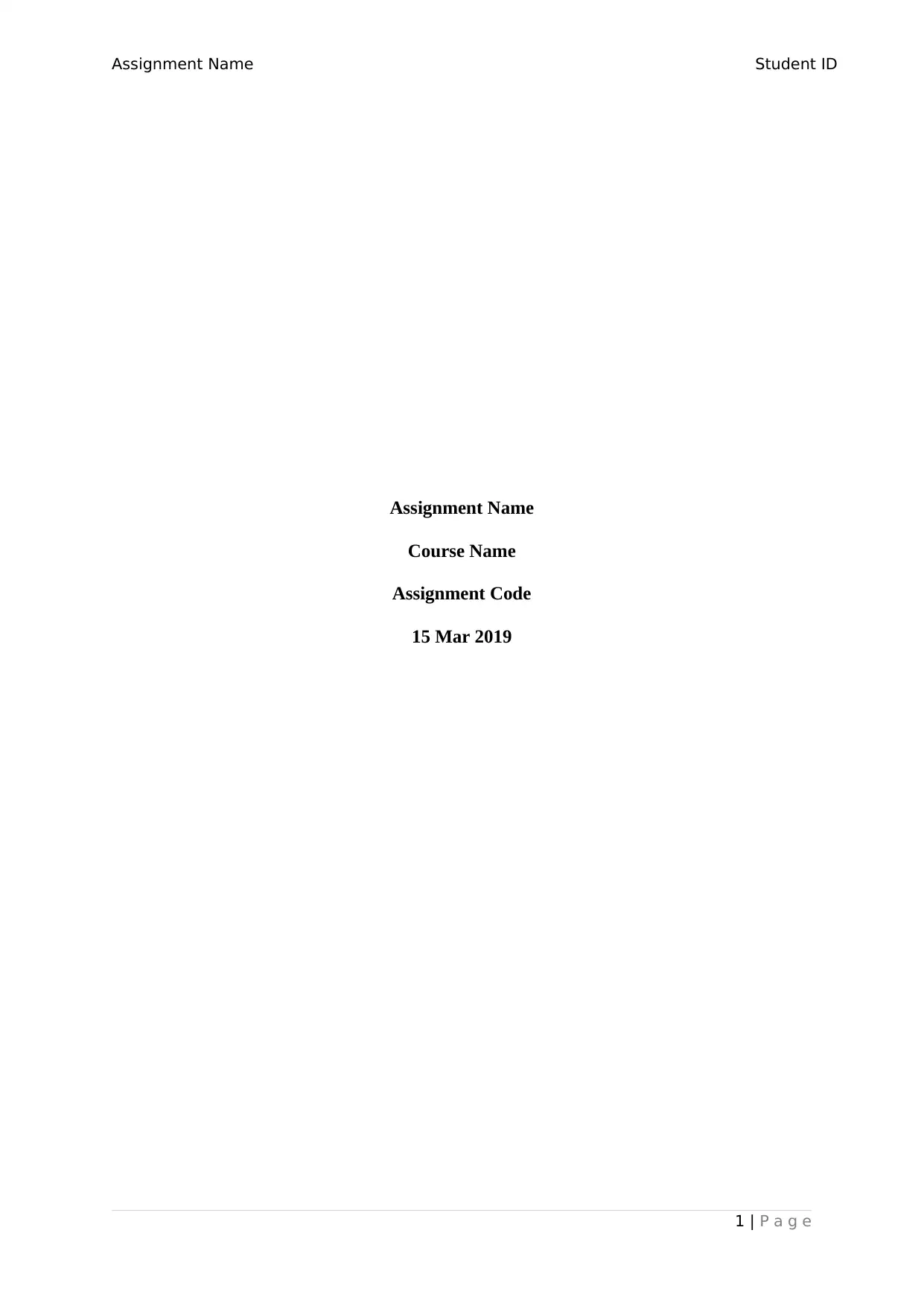
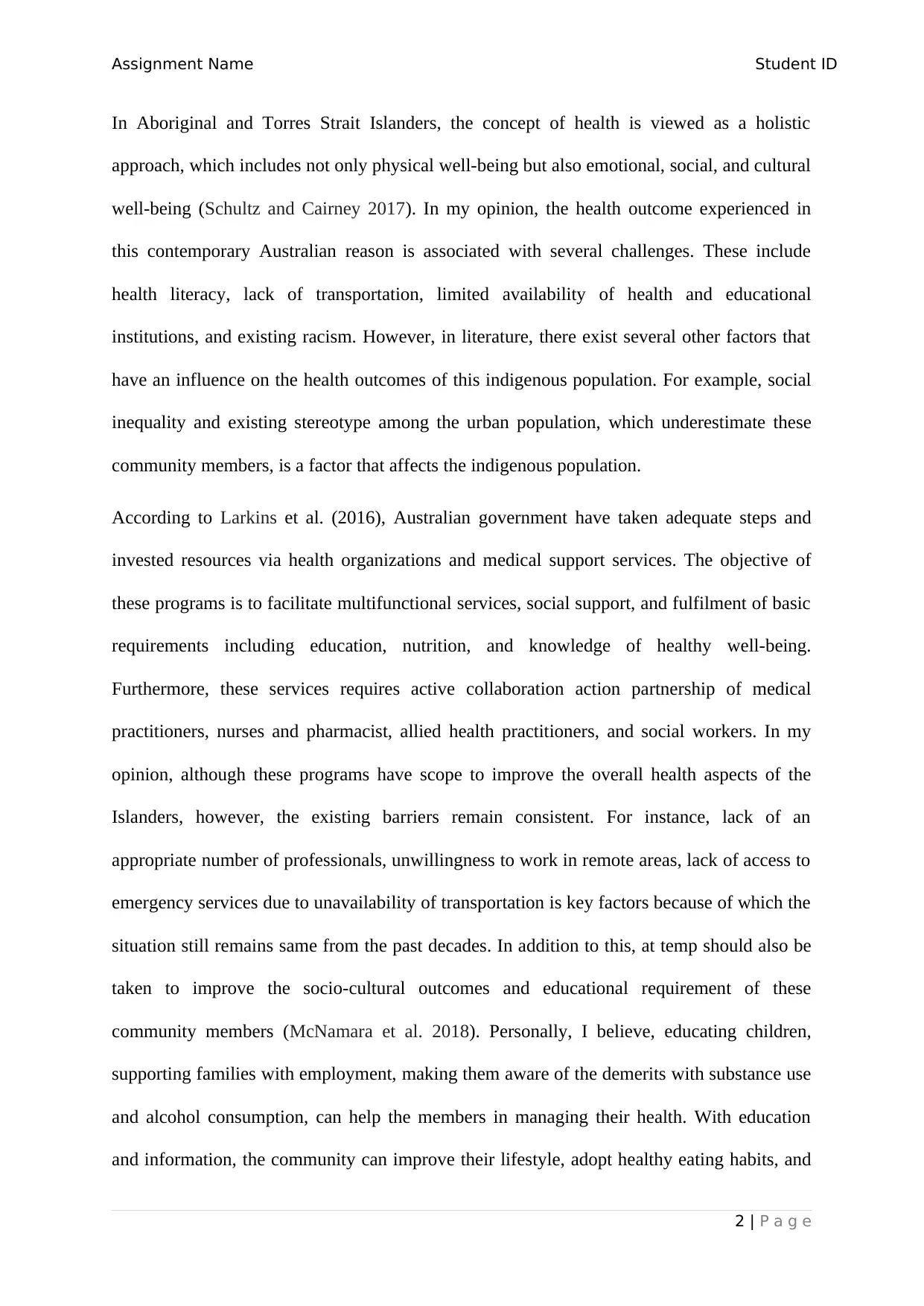
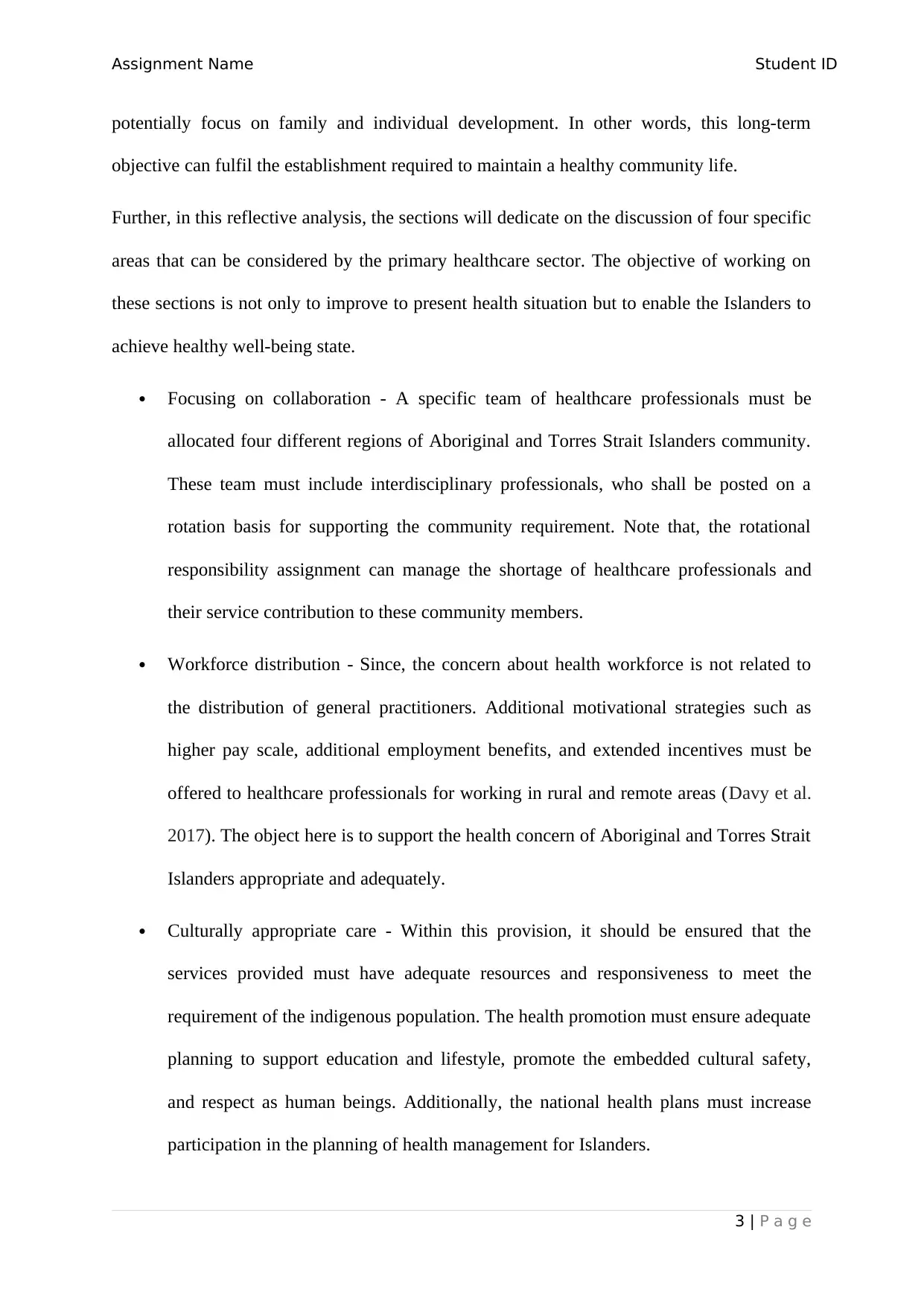

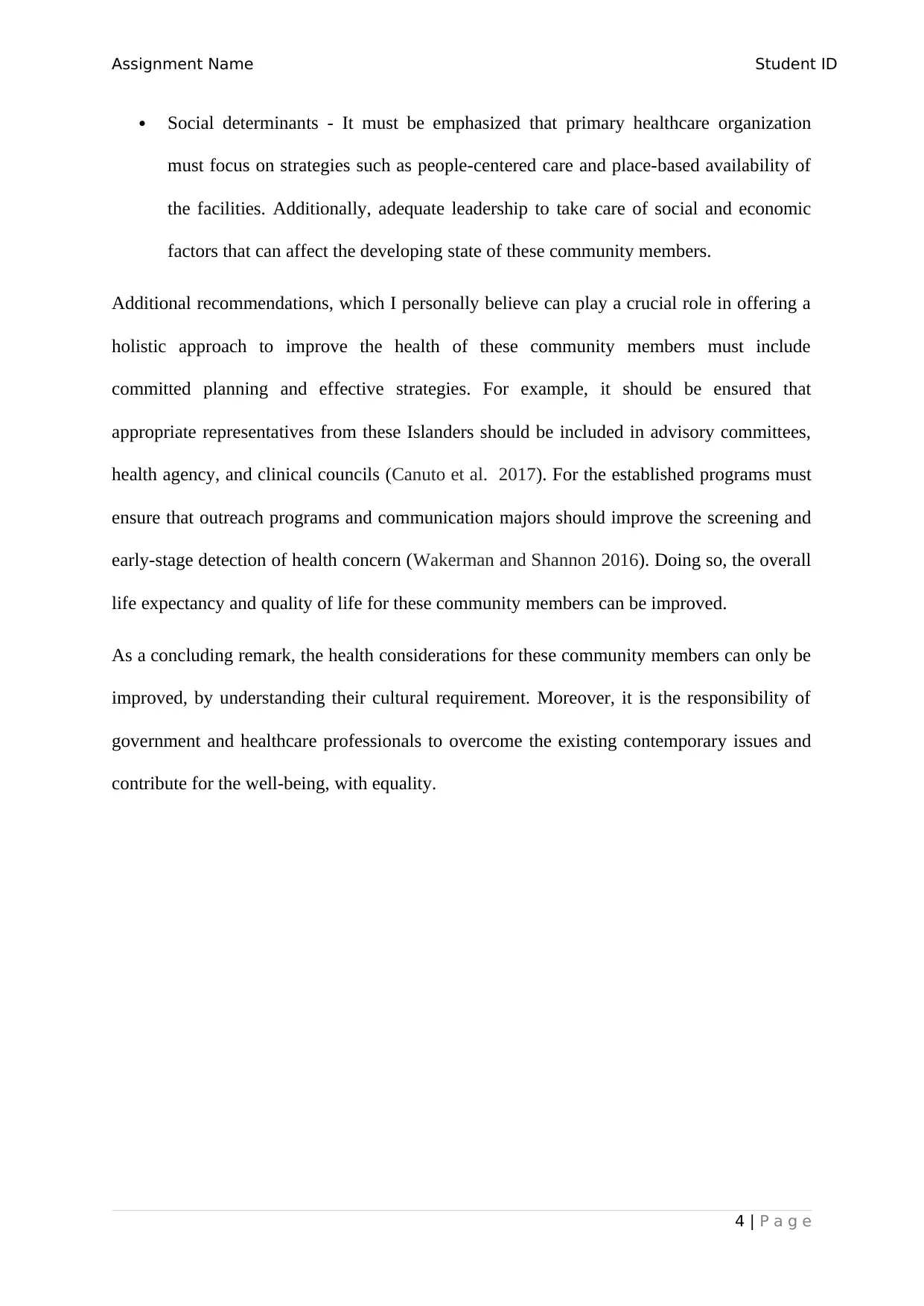
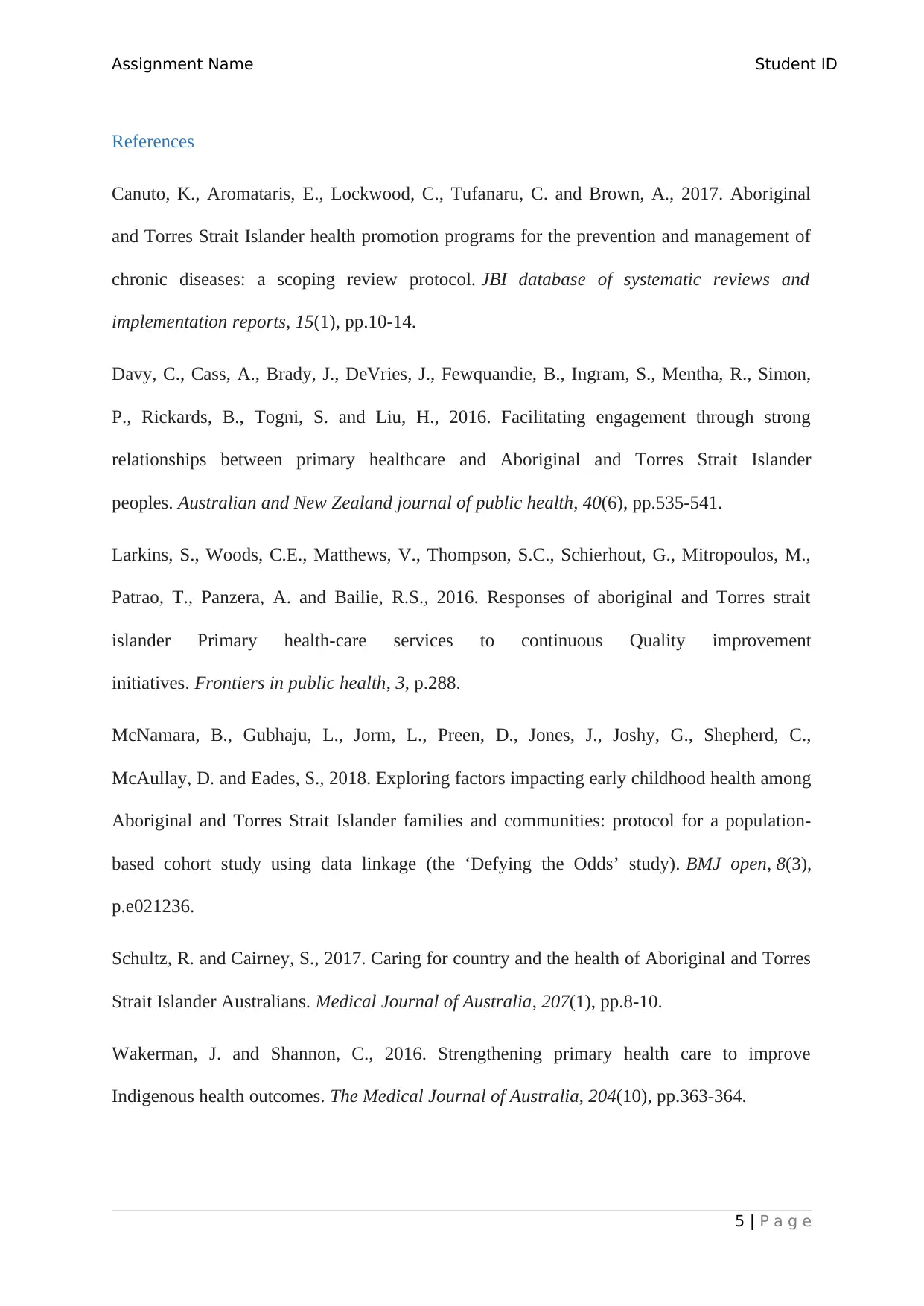





![[object Object]](/_next/static/media/star-bottom.7253800d.svg)